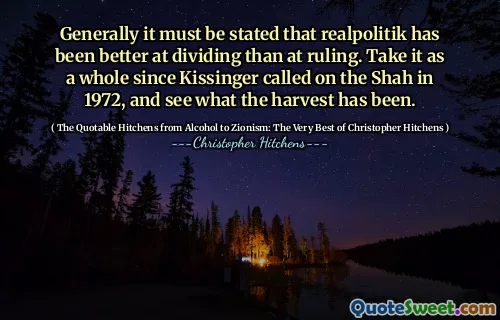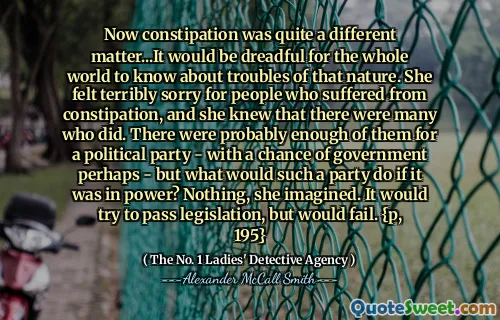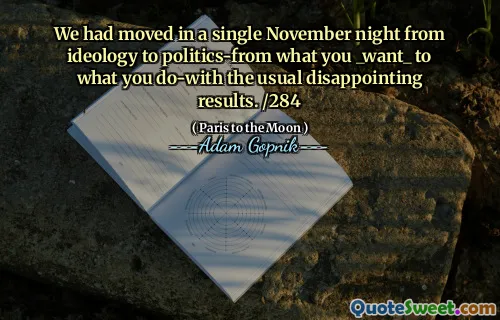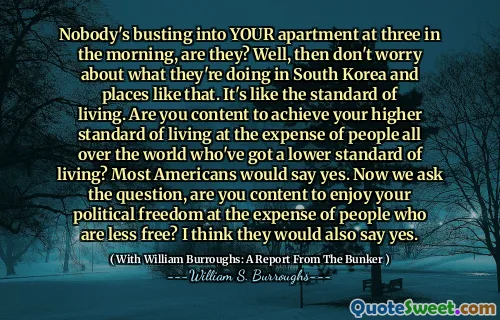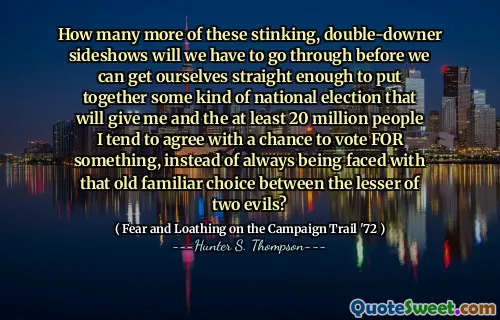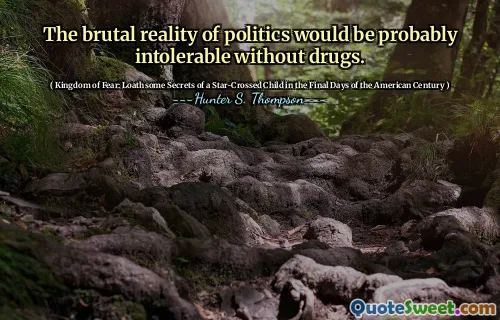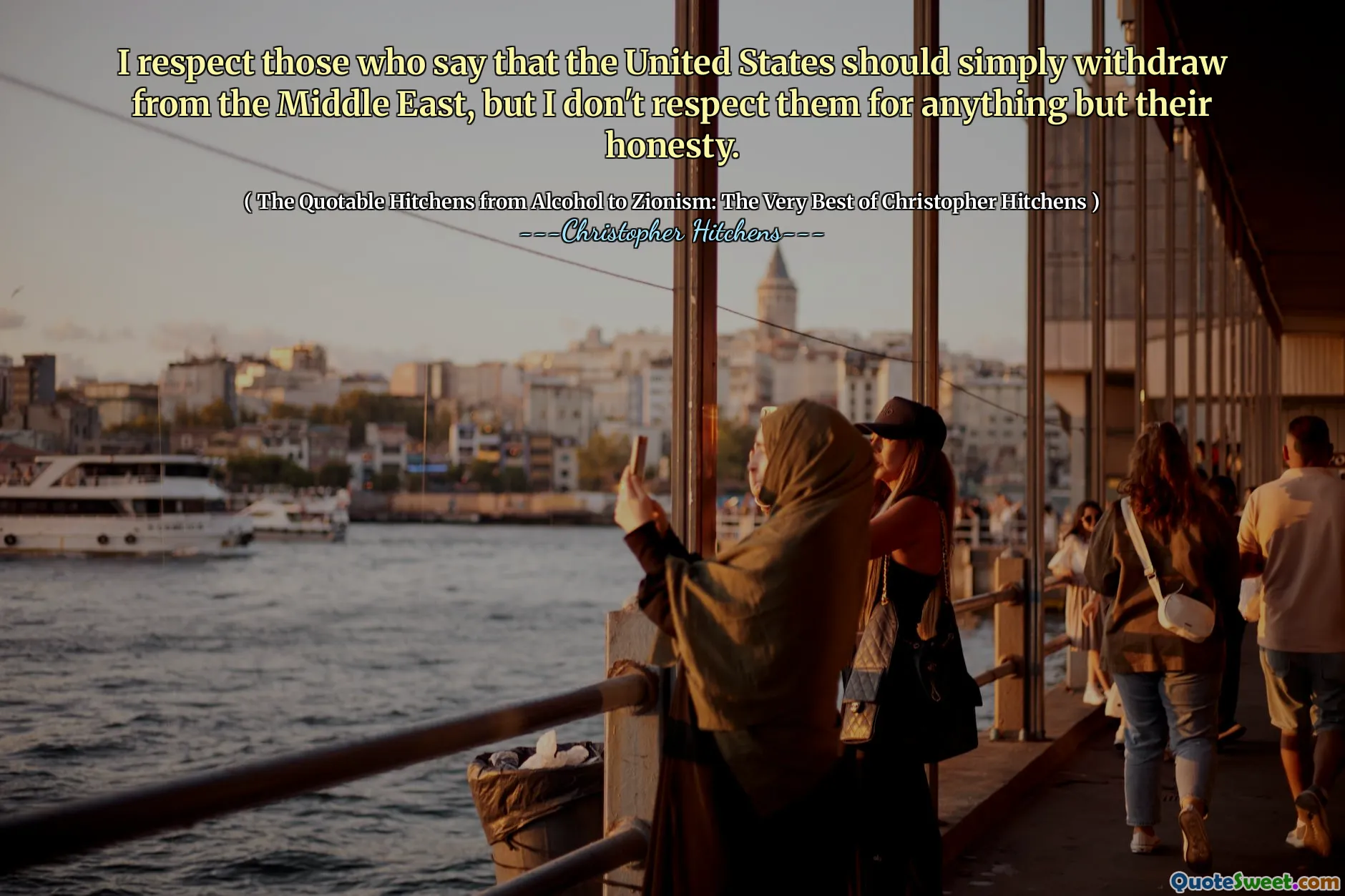
I respect those who say that the United States should simply withdraw from the Middle East, but I don't respect them for anything but their honesty.
This quote highlights a recurring debate in international policy: the tension between honesty and practicality. The speaker acknowledges respect for those advocating a complete withdrawal of the United States from the Middle East, primarily because their stance is grounded in honesty rather than false pretenses. It reflects a recognition that some political positions, while perhaps controversial or even seemingly irresponsible to others, deserve acknowledgement when they are transparent about their intentions. This honesty contrasts with other foreign policy voices that might advocate for engagement, intervention, or strategic alliances, often hiding underlying motives or geopolitical calculations. The quote prompts us to consider the virtues of transparency versus the complexities of geopolitical involvement. On one hand, honesty in policy positions is commendable; it allows for clearer debate and accountability. On the other, the implications of withdrawal are vast—impacting regional stability, free flow of commerce, and the security of allied nations. Furthermore, the acknowledgment that honesty alone is insufficient invites reflection on the broader question: should political honesty be the sole criterion for supporting or opposing policies? Or do pragmatic considerations often override simple honesty? Ultimately, the quote underscores the importance of clarity in political dialogue, even if that honesty leads to uncomfortable truths. It challenges us to look beyond surface-level opinions and understand the underlying values and realities informing such stances, emphasizing integrity but also urging a careful evaluation of the consequences of that honesty in complex geopolitics.
